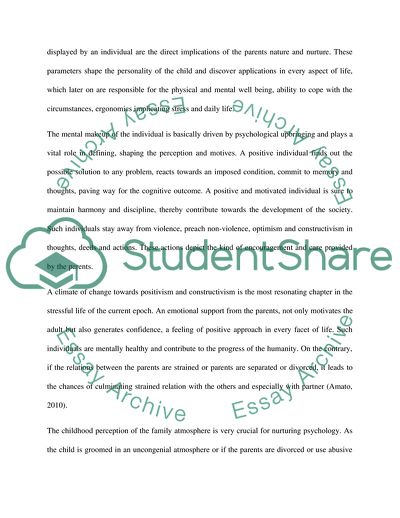Cite this document
(Adult Children and the Relationships With Their Parents Literature review Example | Topics and Well Written Essays - 1500 words, n.d.)
Adult Children and the Relationships With Their Parents Literature review Example | Topics and Well Written Essays - 1500 words. https://studentshare.org/psychology/1767259-families-research-paper
Adult Children and the Relationships With Their Parents Literature review Example | Topics and Well Written Essays - 1500 words. https://studentshare.org/psychology/1767259-families-research-paper
(Adult Children and the Relationships With Their Parents Literature Review Example | Topics and Well Written Essays - 1500 Words)
Adult Children and the Relationships With Their Parents Literature Review Example | Topics and Well Written Essays - 1500 Words. https://studentshare.org/psychology/1767259-families-research-paper.
Adult Children and the Relationships With Their Parents Literature Review Example | Topics and Well Written Essays - 1500 Words. https://studentshare.org/psychology/1767259-families-research-paper.
“Adult Children and the Relationships With Their Parents Literature Review Example | Topics and Well Written Essays - 1500 Words”. https://studentshare.org/psychology/1767259-families-research-paper.


